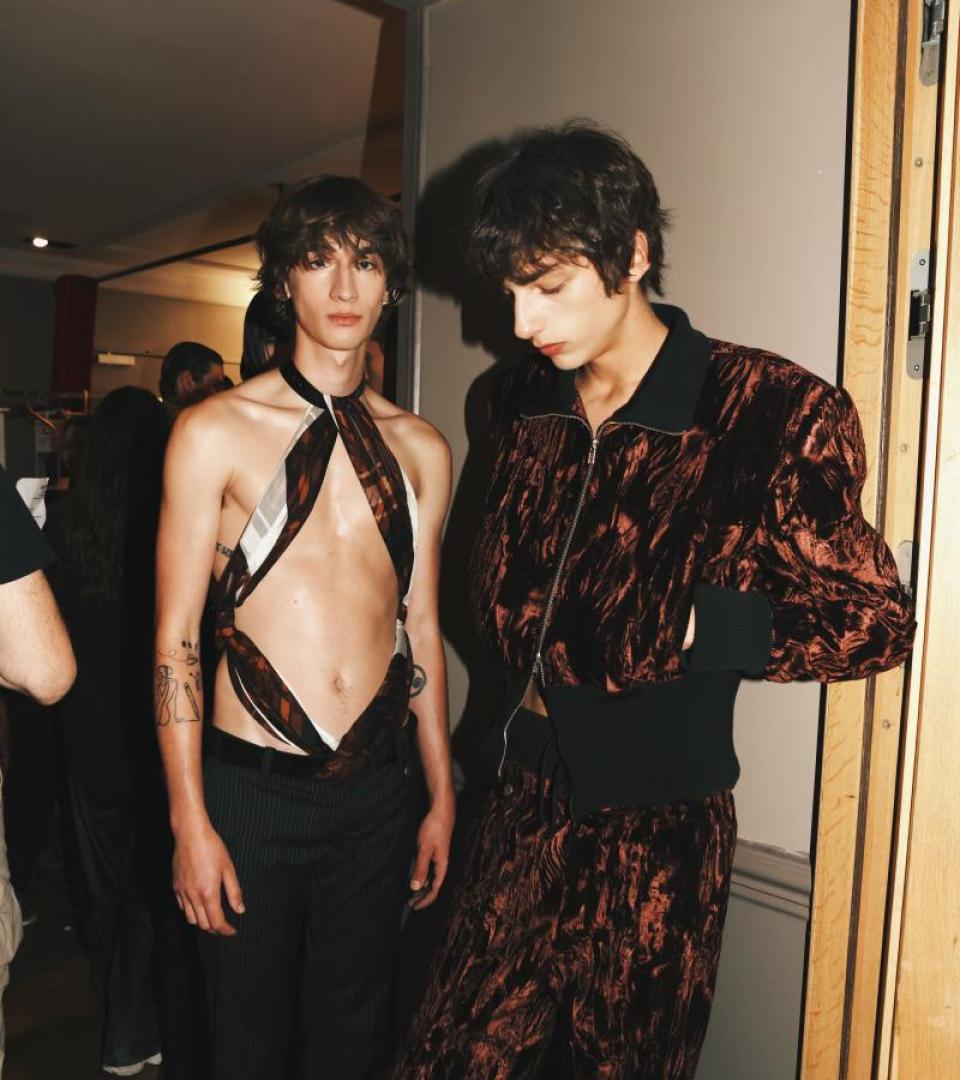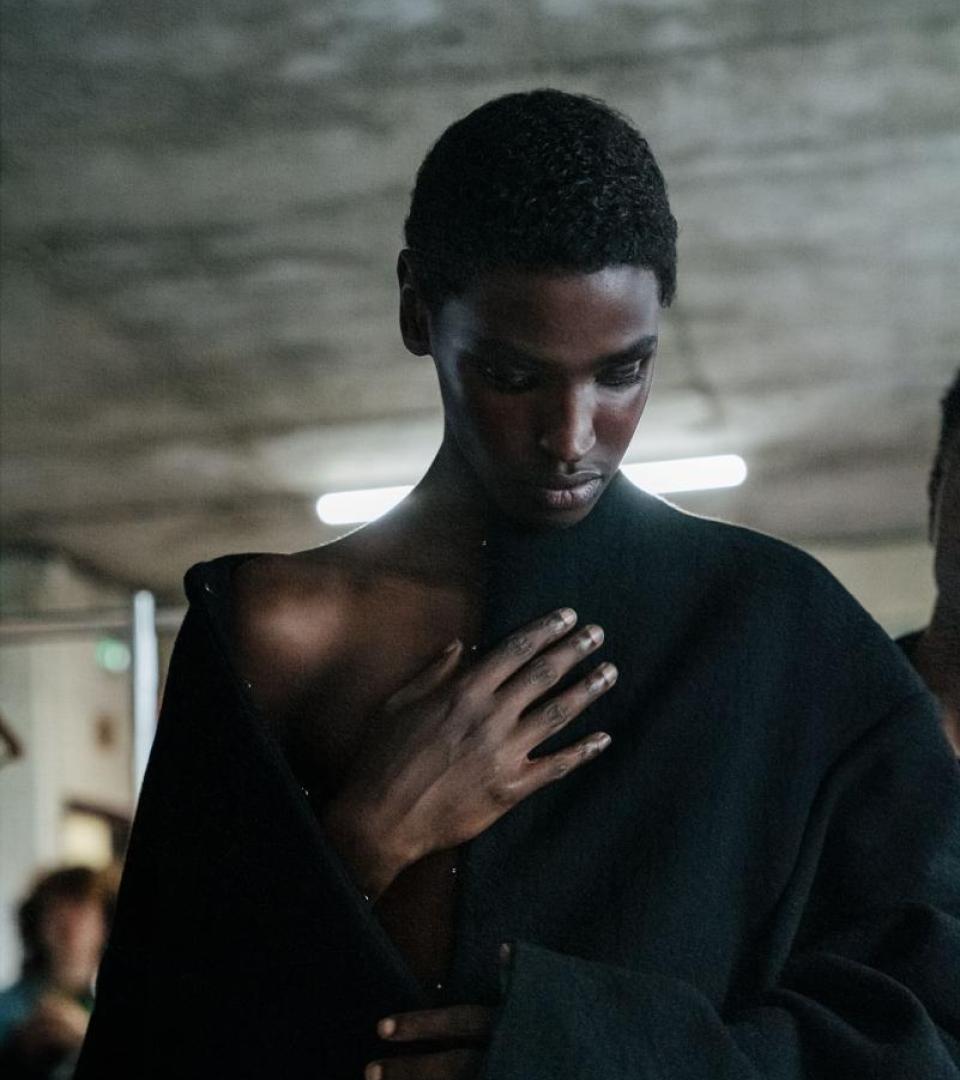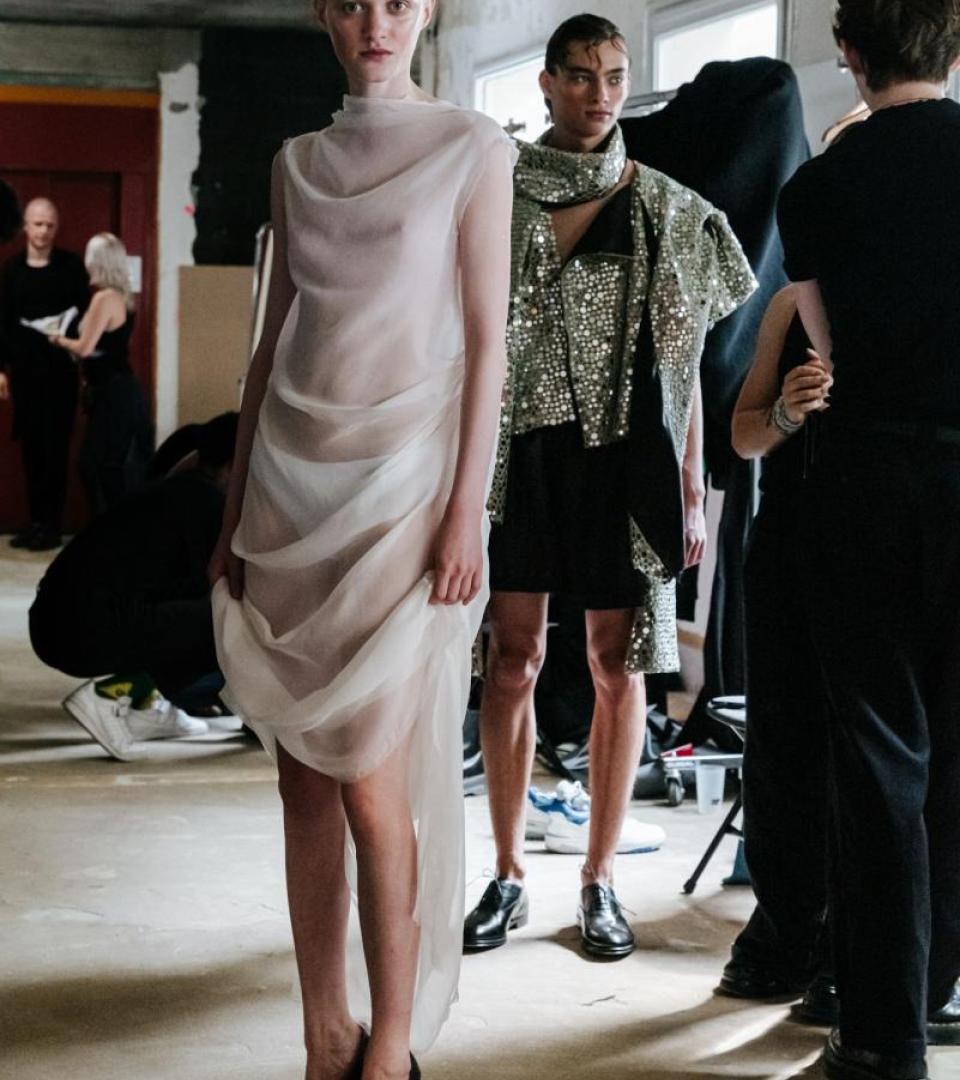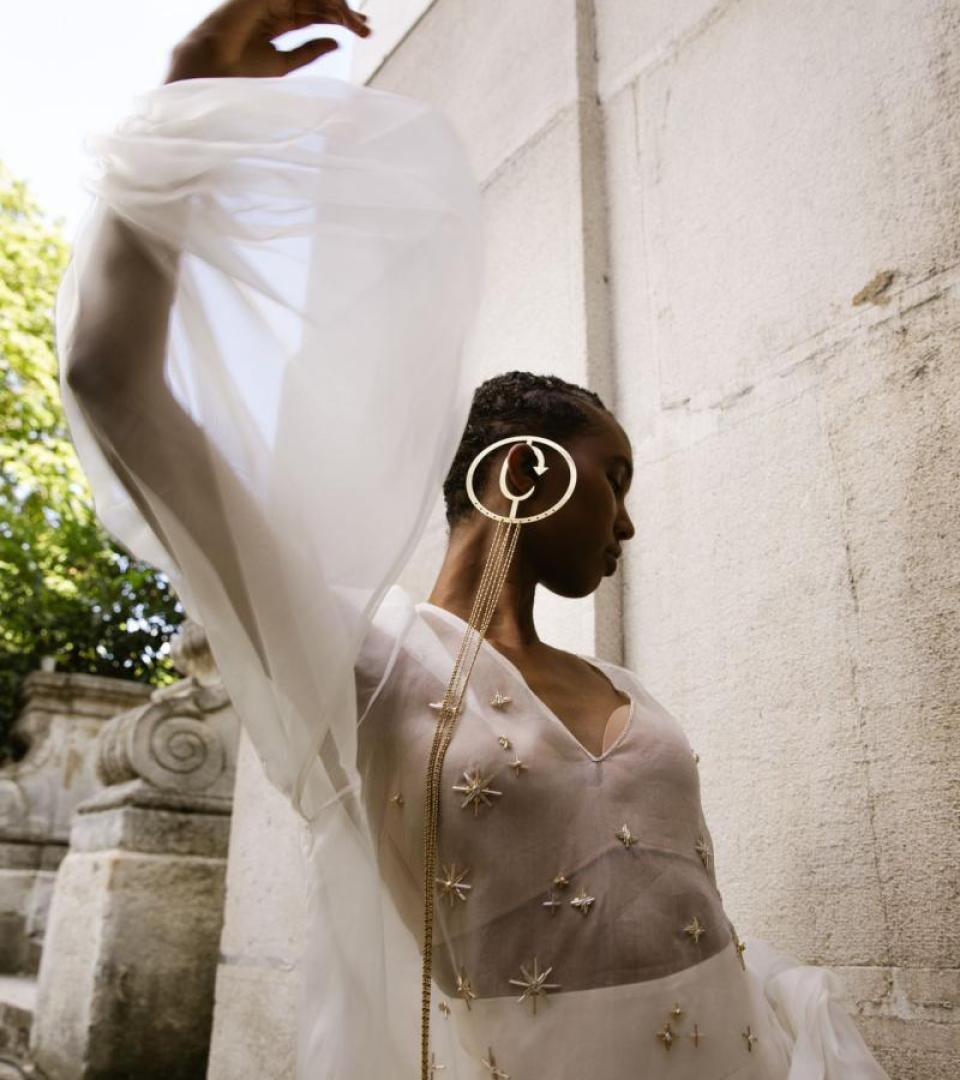Where do you look for new ideas or voices in fashion?
Mostly in unexpected places—outside the usual geographies or institutions. There’s something vital in what hasn’t yet been mapped, labelled, or commodified.
In which ways might fashion creativity effectively drive growth?
There’s no way out of crisis without the ability to rethink what we’ve normalised — from the product itself, to the system it moves through, to the values embedded in it. Creativity isn’t a side note; it’s the condition for any meaningful progress. The problem today isn’t just a lack of stimuli; it’s that playing it safe has become the norm, and creative freedom is being stripped away day by day. The challenge is staying conscious and deliberate, as we should be in today’s mediascape, without that awareness hardening into fear or self-censorship — because once it does, thinking outside the box isn’t just difficult, it stops altogether.
How essential is heritage and/or a distinctive identity in contributing to a brand’s success?
In a present where nothing lands and there’s no centre of gravity, a distinctive identity is everything — not just for a brand, but for anyone trying to make sense of now. As Pier Paolo Pasolini said, “I prefer to move in the past precisely because I believe that the only force able to challenge the present is the past itself: all the values in which we were formed are those that can put the present into crisis.” The same holds true for brand heritage — the foundational values we were formed by still have the power to disrupt what we’ve grown used to.
What surprises you about the industry in 2025?
Its refusal to truly change. Brands move like headless chickens, with no sense of direction. Prices are absurd. It’s a world that feels increasingly elitist and out of reach: cold, disconnected, offering no real invitation to be part of a universe, a mindset, or a collective, even as it desperately tries to pretend otherwise.
Who or what is generating the greatest influence in fashion today?
Whatever is genuine — thought through, lived, felt with real effort — still carries the most weight. Music, cinema, sport, literature: anything that requires discipline and dedication continues to shape the culture we inhabit. Fashion draws its energy from being in dialogue with those spaces, and from its ability to say something relevant about the present. Even in its most diluted forms, that’s still where influence begins — and where it should return. One thing’s for sure: it’s not influencers or content creators generating meaningful influence. That’s just about numbers — and for 99% of brands right now, numbers are all that matter
What defines men’s elegance in a contemporary context?
Probably a sense of ease that reflects a mental attitude: radiant, grounded, effortless.
There seems to be more overlap between fashion/entertainment and fashion/sports than ever. Thoughts?
As we mentioned earlier, in a world short on meaning, people reach for what still feels alive, what holds tension, energy, friction. The problem is when it stops being a dialogue and turns into extraction: fashion feeding off it and still remaining meaningless.
Do trends still matter?
As messages and versions of reality multiply to infinity, trends don’t matter anymore. It’s more about how you navigate through them and hold your centre of gravity.
This interview has been lightly edited.



